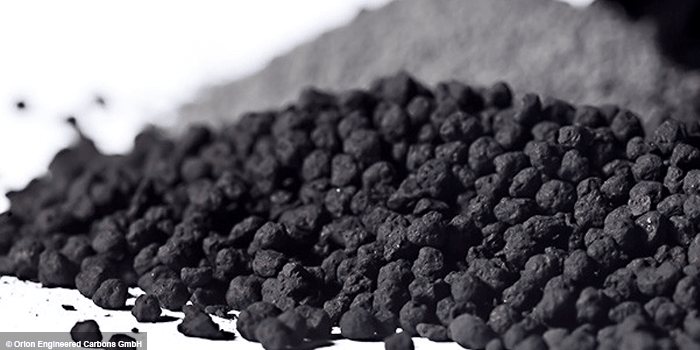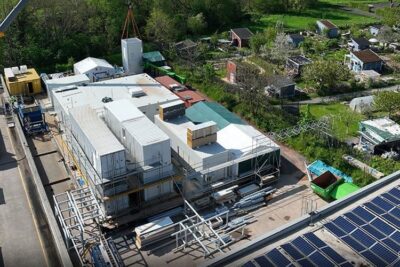HiQ-CARB project to evaluate battery carbon materials
The recently launched collaborative project HiQ-CARB aims to provide new carbons with superior performance and a low carbon footprint for future green batteries in Europe.
Conductive additives such as conductive carbon black or carbon nanotubes are a crucial building block for the performance and environmental compatibility of lithium-ion batteries, according to the Fraunhofer Institute for Silicate Research ISC, which is involved in the project. The project is receiving EU funding from EIT RawMaterials to “scale up and validate this essential new battery material”. HiQ-CARB stands for “High-Quality Conductive Additives for Rechargeable Batteries”.
The carbon is used to improve the conductivity of battery cathodes – helping to achieve the faster charge and discharge rates, the ISC said. “In order to sustainably supply the growing European battery industry with high-quality conductive additives, low carbon footprint and resource-efficient carbon materials have to be created, validated and economically produced in a sufficient volume in Europe,” says project coordinator Andreas Bittner from the ISC about the project’s goals.
The researchers are primarily concerned with the combination of the two additives mentioned at the beginning – with standard conductive carbon black being replaced by “new and much greener” acetylene carbon black. Acetylene black particles (i.e. the acetylene black) and thin carbon nanotubes are to be joined together, as their combination forms “an almost ideal conductive network within the battery electrode”.
Within the framework of HiQ-CARB, production on a tonne and megaton scale is therefore to be established for this special material. In addition, an efficient process is to be developed on how cathodes with these additives can be manufactured in high quality on a pilot scale.
On the one hand, the HiQ-CARB project team relies on companies such as Arkema or Orion for the production of advanced additives and custom cells for battery cell production. For the scientific part of evaluating and testing the new material combinations themselves and the battery cells made from them, partners such as the Fraunhofer Institute for Silicate Research ISC, Aalto University and the University of Bordeaux are involved.
With reporting by Sebastian Schaal, Germany.






0 Comments